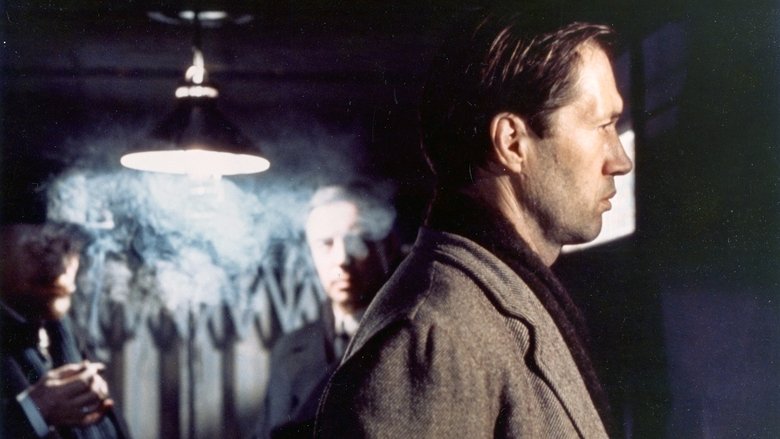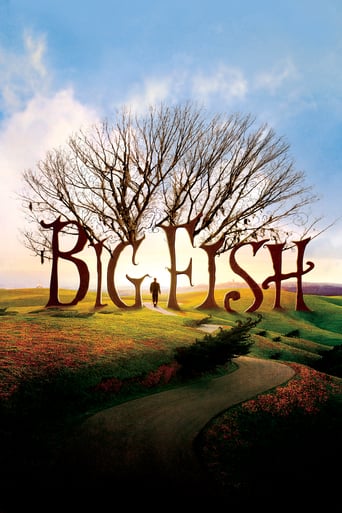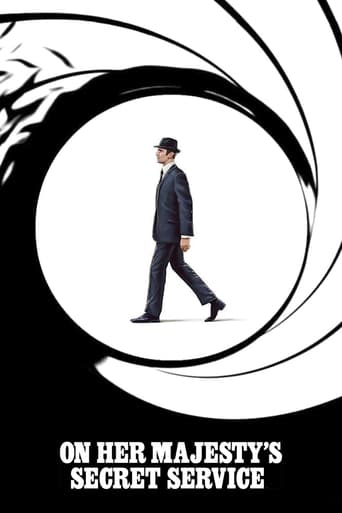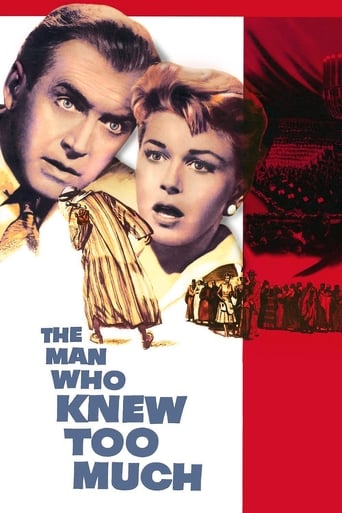

The Serpent's Egg (1978)
Berlin, 1923. Following the suicide of his brother, American circus acrobat Abel Rosenberg attempts to survive while facing unemployment, depression, alcoholism and the social decay of Germany during the Weimar Republic.
Watch Trailer
Cast
Similar titles




Reviews
Brilliant and touching
It's entirely possible that sending the audience out feeling lousy was intentional
To all those who have watched it: I hope you enjoyed it as much as I do.
Like the great film, it's made with a great deal of visible affection both in front of and behind the camera.
While not a masterpiece, this is also far from the mess most critics took it for. An intelligent failure (or modest success) Bergman looks at Germany in the 20s as laying the groundwork for Hitler and the Nazis. Liv Ullman is terrific, as always. And if David Carradine is only good, not great, he certainly didn't deserve the critical attacks he received. The nature of his character is a man so locked in passivity as to be enigmatic. You might not like that kind of character, but it's certainly not the actor's fault for carrying it out well! Yes, some of it is slow, and some a bit obvious, but those charges could also be leveled against some Bergman films labeled masterpieces. As a cautionary tale of where we were once before, and could end up again, I've certainly seen far worse. It has some truly chilling moments. And I think seeing it again may reveal even more
Upon getting to the end of The Serpent's Egg, my first reaction was: "how could a director of Bergman's calibre have made a movie as bad as this?" When I'd had time to reflect on the film, I realised that it wasn't as awful as I'd first thought. The issue seems to be that when Bergman's name is given as the director of a movie, we expect something close to perfection. But should we really have a preconceived belief that The Serpent's Egg will be an outstanding film simply because it's made by the same person who directed The Seventh Seal, Wild Strawberries and Cries and Whispers? Surely each new film should be judged on its own merits (or lack of) rather than compared to earlier works?Jewish-American Abel Rosenborg (David Carradine) is an out-of-work circus performer living in Berlin in 1923. The city is in financial ruin following the German defeat in World War 1 inflation is at astronomical levels, and unimaginable poverty exists everywhere. Abel discovers that his brother has committed suicide, after writing a bitter and rather unsettling suicide note. He tracks down his brother's widow Manuela (Liv Ullmann), and finds her eking out an existence by working in a seedy night-time cabaret act. Abel also meets an old acquaintance from his past, Dr. Hans Vergerus (Heinz Bennent), who offers living quarters for him and Manuela. Soon, Abel discovers that his brother is not the only person he knows that has died under strange circumstances there are other acquaintances who have killed themselves or been murdered. A Berlin police inspector called Bauer (Gert Frobe) suggests that Abel is one of the leading suspects in the investigation into these unexplained deaths. Later, Abel is offered a job working at the clinic of Dr. Vergerus. Times are hard and money is in such short supply that he readily accepts the job, but gradually he learns that Vergerus is working on morally questionable, often sadistic, studies into human nature. His brother was part of these experiments (which is why he killed himself), and what Vergerus is doing anticipates the terrible atrocities that would later be carried out by the Nazis. Like an actual serpent's egg (which is transparent, and allows us to see the fully formed snake before it hatches) we can see the future of Germany (Nazism=snake) in a sort of "transparent membrane" (Dr. Vergerus's experiments=serpent's egg).The film suffers for several reasons. Carradine is somewhat miscast and struggles with the demands of his role, but his character is so central to everything that his awkwardness fatally damages the film. The narrative is awfully convoluted and long-winded, pursuing too many half-ideas that come to nothing, and there are moments when Bergman's difficulty in shooting an English-language picture is painfully apparent. Furthermore, there are long periods when the film comes across as uninteresting. These flaws made me strongly dislike the film at first. But as already mentioned I gave myself a little time to reflect and found occasional redeeming features, in particular the grimly realistic evocation of place and period (a Berlin in dire ruin and its people lost in despair). Sven Nykvist as always works his magic in capturing this hopeless mood with his deliberately gloomy and depressing photography. Also there's Ullmann, who gives a brilliant performance, very different from anything Bergman asked of her in their other collaborations. The Serpent's Egg is not a very good film overall, but it probably gets more of a raw deal because of Bergman's involvement. If anyone else had made it, the negative comments would still be there but I doubt the film would be reviled as much as it has been.
This movie is quite different from other Ingmar Bergman films for many reasons. First, it stars David Carradine--an actor very unlike the stock company actors and actresses Bergman usually uses. Second, instead of focusing on mental illness or death, it is a German Existential film about manipulation and murder. Third, because it is SO different, it will probably alienate many die-hard Bergman fans.What did I think of it?! Well, based on the score of 3 (and that MIGHT have been a little generous), it wasn't a film I particularly liked. It seemed very cruel, bloody and violent compared to other Bergman films. Also, I have never been a fan of David Carradine, but he REALLY looked out of place here.
Highly unusual and underrated. Bergman says volumes about the future he saw before us in 1977 by returning to 1923 and making what to the casual observer seems to be a film about hindsight. What is most unusual about his treatment is that he completely abstains from moral judgment. He does not feel the need to point a finger and instruct the audience that the Nazis are bad. Dr. Vergerus is not portrayed, as is suggested in another comment, as a villain. In fact, he is given all of the trademark qualities of a villain and then his sincerity and tenderness concerning subjects both tender (his feelings for Liv Ullman's character) and horrifically vile (experiments) are given the most comprehensive hearing in the film and serve as its marvelously conflicting centerpiece. He may be said to be the most emotional character in the film. In the end he must take his own life to escape hypocritical prosecution at the hands of a police inspector who will no doubt be a Nazi official in 10 years time. Vergerus' death, as he views himself in a mirror slightly recalling Powell's "Peeping Tom" from another perspective, is shockingly memorable to this day.Carradine is perfect, and correct when he says on the DVD that Bergman didn't want a performance from him, just his mystique. We spend much of the film simply on nearly blank reaction shots of his face, and that's a good thing; his very unlikeness makes him a perfect fit. Carradine is the target of much malice and scorn within the cinephile community, but I can't quite figure out why (unless it is simply his arrogance, which I find a little charming). It might have to do with the mountain of junk movies he's been in. At least at the time he had given exceptional performances in "Boxcar Bertha" and "Bound For Glory." With David in "Kill Bill" and Keith in "Deadwood," I hope that Robert Carradine will find some sort of project better than the Lizzie McGuire movie to remind us that in "The Big Red One" he kicked some tail. I don't ever expect to see them embraced by the mainstream, just something that lets them be as good as they can be would be nice.Ullman gives an excellent performance. It requires her to do so many things that Bergman never had her do any other time, from being a dancing sexpot to flying into a completely spontaneous outburst.Woody Allen certainly seems to have drawn inspiration from this film for his "Shadows and Fog." The experiment footage is aggressively horrifying.The assessment that it was a failure in the eyes of Bergman is also mistaken. He said that it was a great disappointment to work on. This comment is illuminated by Liv Ullman on the DVD where she explains that it was the alien work environment that left him depressed and unsatisfied, but that upon a recent viewing he found to his surprise that he was quite proud of the film. I personally found it very entertaining, often surprising and simply a wonder at how Bergman was able for this film to completely sublimate his style to the demands of quite a different kind of picture, but still make it his own.In its way it is a sort of pre-war "Third Man." It is not among his best, but when your best are many of the best films ever made that's not a harsh judgment. It is more than just an oddity or an Altman-esque "interesting failure."








